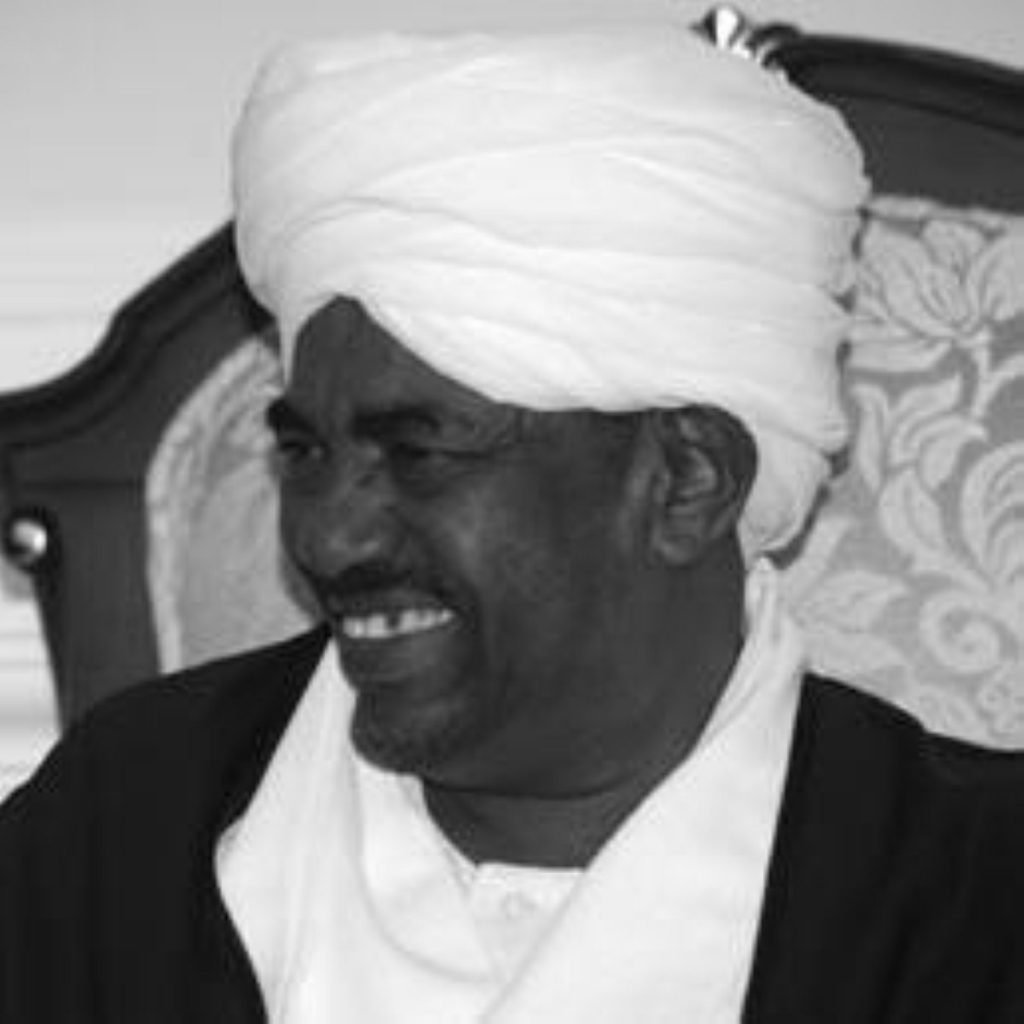ICC accuses Sudan’s president of Darfur genocide
Sudan’s president has been accused of genocide, crimes against humanity and war crimes in Darfur by the chief prosecutor at the International Criminal Court.
Luis Moreno-Ocampo said after three years of investigations there are reasonable grounds to believe Omar al-Bashir sought the destruction of three ethnic groups in Darfur – the Fur, Masalit and Zaghawa.
Speaking in The Hague Mr Moreno-Ocampo requested an arrest warrant for Mr al-Bashir, with the ICC’s three-strong pre-trial chamber set to decide on the best manner to ensure his appearance in court.
Judges will spend the next few months deciding whether to reject or accept the chief prosecutor’s recommendations. They could also ask him to submit further evidence.


Khartoum has already rejected Mr Luis Moreno-Ocampo’s findings, with a statement saying it did not recognise the ICC.
The warrant represents the first-time a sitting head of state has been sought to answer changes by the ICC.
Speaking from No 10, Gordon Brown urged Sudan to cooperate with the ICC and called on the country’s authorities to stop hindering efforts to deploy a full-strength UN/African Union peacekeeping force to the region.
The Sudanese president is accused of three counts of genocide, five counts of crimes against humanity and two counts of war crimes.
Mr Moreno-Ocampo said Mr al-Bashir had “mobilised the entire state apparatus” against the 2.45 million residents of Darfur’s refugee camps to ensure their “physical destruction”.
“Al-Bashir is the president,” the Argentinean said. “He is the commander in chief. Those are not just formal words. He used the whole state apparatus, he used the army, he enrolled the militia/Janjaweed. They all report to him, they all obey him. His control is absolute.”
Mr Moreno-Ocampo said after the failure of the Sudanese army and Janjaweed to achieve a decisive military victory against rebels he pursued civilian survivors with the weapons of “rapes, hunger and fear”.
He explained: “Al-Bashir failed to defeat the armed movements, so he went after the people. His motives were largely political. His alibi was a counterinsurgency. His intent was genocide.”
A victim quoted in Mr Moreno-Ocampo’s evidence submission said of Mr al-Bashir’s operatives: “When we see them, we run. Some of us succeed in getting away, and some are caught and taken to be raped – gang-raped.
“Maybe around 20 men rape one woman. These things are normal for us here in Darfur. These things happen all the time. I have seen rapes too. It does not matter who sees them raping the women – they don’t care. They rape girls in front of their mothers and fathers.”
Mr Moreno-Ocampo continued: “By preventing the truth about the crimes from being revealed; concealing his crimes under the guise of a ‘counterinsurgency strategy’, or ‘inter tribal clashes’, or the ‘actions of lawless autonomous militia’, al-Bashir made possible the commission of further crimes.
“He promoted and provided impunity to his subordinates in order to secure their willingness to commit genocide.”
Hundreds of protestors took to the streets in Khartoum yesterday in support of their president, while United Nations general secretary Ban Ki-moon has warned any arrest could inflame the Darfur conflict.
Speaking on Sunday Mr Ban said he had spoken to Mr al-Bashir to reassert the independence of the ICC from the UN.
In Khartoum, as crowds chanted “with our souls, with our blood we die for Bashir”, a statement was delivered to the capital’s UN office.
“The ICC does just what the European Union, the United States of America and Israel tell it to do,” the statement read.
Similar warrants for Sudan’s humanitarian affairs minister Ahmed Haroun and Arab militia leader Ali Kosheib have already been ignored.
Khartoum hopes to rely on Chinese, Russian and African support in the security council to block any moves to indict its president.









